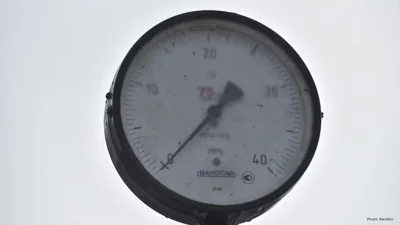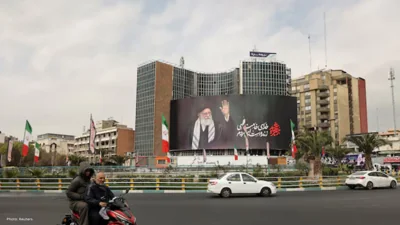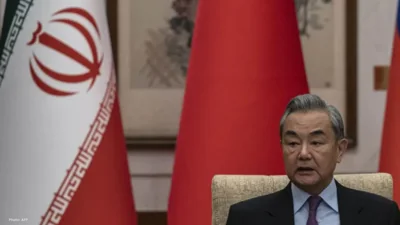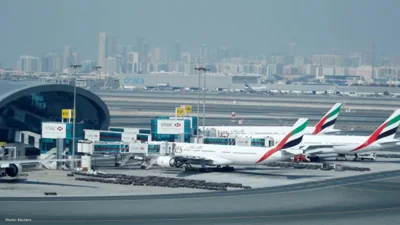
Post by : Bianca Suleiman
Oil prices went up and down on Monday after jumping sharply by 7% on Friday. This sudden rise happened because Israel and Iran attacked each other again over the weekend. Many people are now worried that the conflict could spread across the Middle East and seriously affect oil exports from the region.
On Monday morning, Brent crude oil prices rose by 64 cents to reach $74.87 a barrel. At the same time, U.S. West Texas Intermediate (WTI) crude oil went up by 76 cents, bringing the price to $73.74 per barrel. Earlier in the session, prices had risen by over $4 a barrel but briefly dropped into the negative before going back up. On Friday, both oil price benchmarks had jumped by 7%, reaching their highest levels since January.
The recent tension grew stronger after Iranian missiles hit Tel Aviv and Haifa in Israel on Monday. These attacks destroyed homes and made world leaders at the G7 meeting worry that the fighting could get worse and spread. On Sunday, both Israel and Iran carried out airstrikes, which caused civilian deaths. Each country warned the other’s people to be careful as more attacks could come.
This dangerous situation has raised fears about the safety of the Strait of Hormuz — a very important water route. Nearly 20% of the world’s oil — around 18 to 19 million barrels every day — goes through this narrow passage.
An expert named Toshitaka Tazawa said people are buying oil out of fear due to the fighting, but some are also selling because they think the reaction may be too strong. He also said if the Strait of Hormuz is blocked, oil prices could go much higher.
Iran is a member of OPEC (Organization of the Petroleum Exporting Countries) and produces about 3.3 million barrels of oil each day. It sells over 2 million barrels of oil and fuel to other countries. Analysts believe that if Iran’s oil exports are stopped, other OPEC members, along with Russia, have just enough oil production to cover the gap.
A report from Richard Joswick at S&P Global said that if Iran can’t export oil, China — which is the only country buying Iranian oil right now — would have to find oil from other places. This could lead to higher shipping costs, more expensive tanker insurance, and lower profits for oil refineries, especially in Asia.
U.S. President Donald Trump said on Sunday that he hopes Israel and Iran can stop fighting and agree to a ceasefire. However, he also said that sometimes countries need to fight first before they make peace. Trump added that the U.S. will keep supporting Israel but did not say whether he asked them to stop attacking Iran.
Germany’s Chancellor Friedrich Merz said that he hopes the G7 meeting in Canada will help find a way to end the conflict and stop it from getting worse.
Meanwhile, Iran told Qatar and Oman, who are trying to help with peace talks, that it will not agree to stop fighting while Israeli attacks continue. This information came from a person who spoke to Reuters on Sunday.










Mattel Revives Masters of the Universe Action Figures Ahead of Film Launch
Mattel is reintroducing Masters of the Universe figures in line with its upcoming film, tapping into

China Executes 11 Members of Criminal Clan Linked to Myanmar Scam
China has executed 11 criminals associated with the Ming family, known for major scams and human tra

US Issues Alarm to Iran as Military Forces Deploy in Gulf Region
With a significant military presence in the Gulf, Trump urges Iran to negotiate a nuclear deal or fa

Copper Prices Reach Unprecedented Highs Amid Geopolitical Turmoil
Copper prices soar to all-time highs as geopolitical tensions and a weakening dollar boost investor

New Zealand Secures First Win Against India, Triumph by 50 Runs
New Zealand won the 4th T20I against India by 50 runs in Vizag. Despite Dube's impressive 65, India